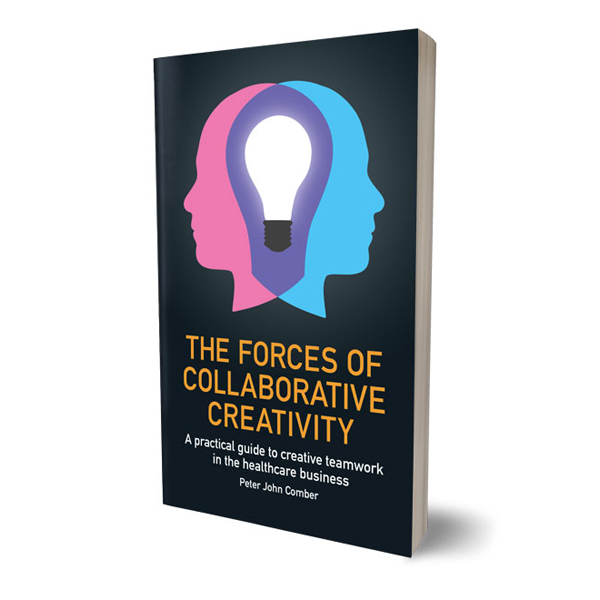Employee surveillance and brand reputation.
Finding an acceptable balance of opposing forces and communicating it effectively is vital but will not be easy.
With the realisation that the relationship between white-collar workers and their physical place of work has permanently changed, the adoption of employee-monitoring software has steadily increased. With names like Sneek, DeskTime and Time Doctor the range of services they offer varies and is modular and customisable. Whether an employer uses these tools to legitimately track timesheets and projects or to record their employees’ every keystroke, mouse movement and collect audio/video from webcams and microphones is largely up to them. It’s a new world and the new rules, both written in law and tacitly agreed upon by society have not been established yet.
There is an emotional component to this. Monitoring can be perceived as an absence of trust; the closer the scrutiny, the less we feel trusted. Digital monitoring, especially with automatic and AI components, evokes fears of Orwellian dystopia. Conversely, surveillance can be reassuring when it protects our interests. Safety is a legitimate reason for surveillance, for example, a finance brand could justify close scrutiny of workers handling highly sensitive data while a design company would struggle to justify the same intensity in monitoring a graphic designer.
Companies often adopt surveillance software hoping to boost productivity. Early adopters, like call centres, have seen that intensive monitoring of performance causes increased stress, emotional exhaustion, depression and employee turnover. Research in 2021 by Gartner found that only 16% of French workers thought that any form of digital surveillance was acceptable. Getting the watchers and the watched to agree on terms will not be easy and imposing terms will only lead to technological warfare with employees adopting counter-surveillance measures. Move Mouse, for example, is a program that simulates a person moving their mouse, clicking its buttons and scrolling its wheel.
The terms and transparency of employee surveillance policy will be important and relevant not just to workers. Clients will demand to know too, for ethical reasons but also for reassurance. We are inconvenienced dozens of times a day by requests to authorise the use of our personal data and once we grant it we expect some level of control of how, where and in what ways our data is then used. Striking a fair balance between the privacy and security rights of workers and clients will distinguish good and bad companies, influencing their ability to attract and retain workers. Effectively communicating that fair balance to the market will distinguish good and bad brands, influencing their ability to attract and retain customers.





